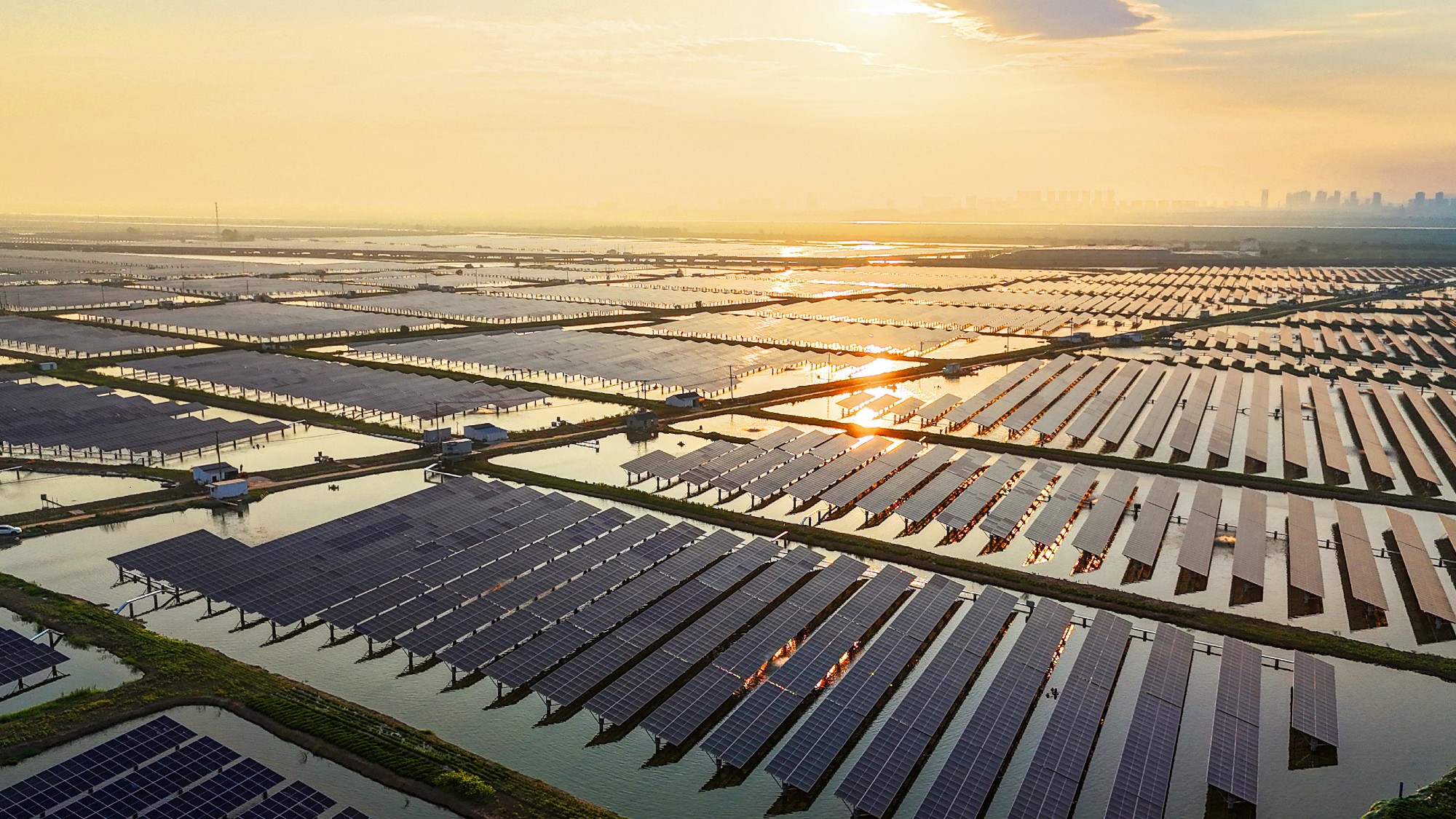The future of the Paris Agreement
UN secretary general warns it is ‘inevitable’ the world will overshoot 1.5C target, but there is still time to change course

A free daily email with the biggest news stories of the day – and the best features from TheWeek.com
You are now subscribed
Your newsletter sign-up was successful
The world has failed to limit rising temperatures to 1.5C above pre-industrial levels – the goal set in the 2015 Paris climate agreement, the UN secretary general has said.
Speaking ahead of the Cop30 climate conference in Brazil, António Guterres acknowledged it is now “inevitable” that humanity will overshoot the cap, with “devastating consequences” that include “tipping points” in the Amazon, Greenland, western Antarctica and the coral reefs.
What has happened since Paris?
The Paris Agreement, signed by almost 200 countries, is “at the heart of the international commitment to tackle rising global temperatures”, said the BBC.
The Week
Escape your echo chamber. Get the facts behind the news, plus analysis from multiple perspectives.

Sign up for The Week's Free Newsletters
From our morning news briefing to a weekly Good News Newsletter, get the best of The Week delivered directly to your inbox.
From our morning news briefing to a weekly Good News Newsletter, get the best of The Week delivered directly to your inbox.
Signatories committed to “pursue efforts” to limit global temperature rises to 1.5C, and to keep them “well below” 2C above those recorded in pre-industrial times, generally considered to mean the late 19th century. It also aimed to achieve balance between the amount of greenhouse gases added to the atmosphere and those that are removed – known as net zero – by the second half of the century.
Progress has undoubtedly been made over the past decade, said Christiana Figueres, the former executive secretary of the UN Framework Convention on Climate Change, in The Economist.
Global carbon dioxide emissions that were rising by almost 2% per year in 2015, have since slowed to 0.3%, while fossil-fuel demand has “plateaued and is falling in several large economies, including China”. The world was on course to warm by as much as 4C by 2100. Today, projections hover near 2.6C “still dangerously high, but a profound course correction that must now deepen, and fast”.
The “unprecedented economic transformation” towards a greener global economy, is “now unmistakably under way, despite a global pandemic, war, Brexit and two Trump presidencies”.
A free daily email with the biggest news stories of the day – and the best features from TheWeek.com
Yet despite this, 2024 marked the first year global average temperatures exceeded the 1.5C threshold.
Can humanity do more?
While one year alone of over-shooting the 1.5C target “doesn’t mean that threshold has been irreversibly breached”, said Time, research published by the Yale School of the Environment suggests that it likely means the world will exceed the target over the next 20 years. A separate study found there was a 90% likelihood emissions will peak in 2045, two decades after they were meant to.
Guterres has, however, refused to give up on the target set in Paris. “It is absolutely indispensable to change course in order to make sure that the overshoot is as short as possible and as low in intensity as possible”, he told The Guardian, saying it may still be possible to bring temperatures down in time to return to 1.5C by the end of the century.
With the planet’s past 10 years among the hottest on record, this requires countries to meet or exceed their individual climate action plans, known as nationally determined contributions (NDCs).
Up to now, “while they helped some nations make progress in emissions reduction, it hasn’t been enough to offset high economic growth,” Adrian Raftery, a University of Washington professor emeritus of statistics and sociology, told Time.
Failure to stick to the 1.5C threshold will “challenge fundamental aspects of nationhood and identity”, said the Chatham House think tank. It will also “reshape systems that underpin modern society, including finance”.
The stakes heading into COP30 could not be higher.
-
 The 8 best TV shows of the 1960s
The 8 best TV shows of the 1960sThe standout shows of this decade take viewers from outer space to the Wild West
-
 Microdramas are booming
Microdramas are boomingUnder the radar Scroll to watch a whole movie
-
 The Olympic timekeepers keeping the Games on track
The Olympic timekeepers keeping the Games on trackUnder the Radar Swiss watchmaking giant Omega has been at the finish line of every Olympic Games for nearly 100 years
-
 The plan to wall off the ‘Doomsday’ glacier
The plan to wall off the ‘Doomsday’ glacierUnder the Radar Massive barrier could ‘slow the rate of ice loss’ from Thwaites Glacier, whose total collapse would have devastating consequences
-
 Can the UK take any more rain?
Can the UK take any more rain?Today’s Big Question An Atlantic jet stream is ‘stuck’ over British skies, leading to ‘biblical’ downpours and more than 40 consecutive days of rain in some areas
-
 As temperatures rise, US incomes fall
As temperatures rise, US incomes fallUnder the radar Elevated temperatures are capable of affecting the entire economy
-
 The world is entering an ‘era of water bankruptcy’
The world is entering an ‘era of water bankruptcy’The explainer Water might soon be more valuable than gold
-
 Climate change could lead to a reptile ‘sexpocalypse’
Climate change could lead to a reptile ‘sexpocalypse’Under the radar The gender gap has hit the animal kingdom
-
 The former largest iceberg is turning blue. It’s a bad sign.
The former largest iceberg is turning blue. It’s a bad sign.Under the radar It is quickly melting away
-
 Why the Middle East is obsessed with falcons
Why the Middle East is obsessed with falconsUnder the Radar Popularity of the birds of prey has been ‘soaring’ despite doubts over the legality of sourcing and concerns for animal welfare
-
 How drones detected a deadly threat to Arctic whales
How drones detected a deadly threat to Arctic whalesUnder the radar Monitoring the sea in the air